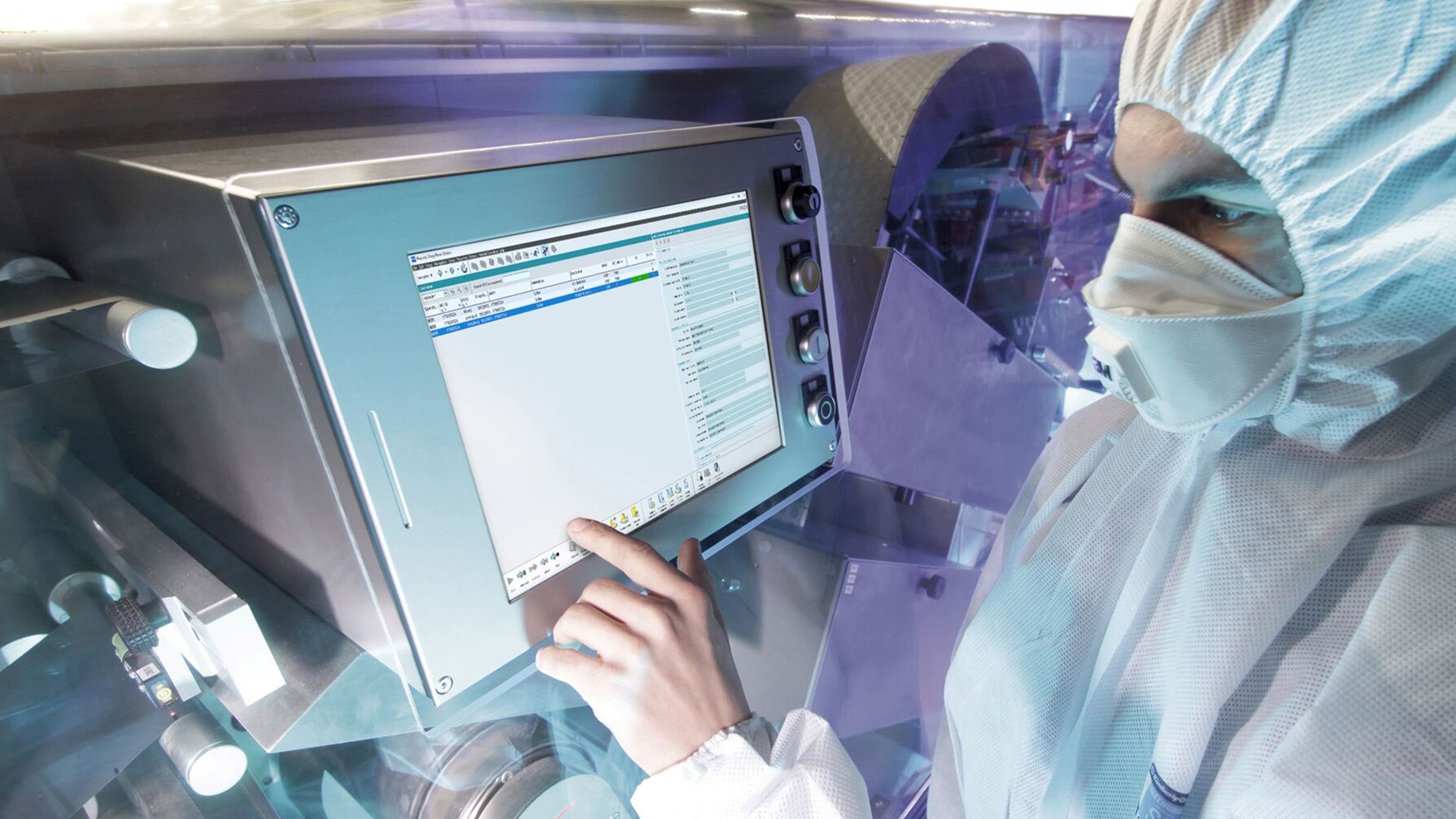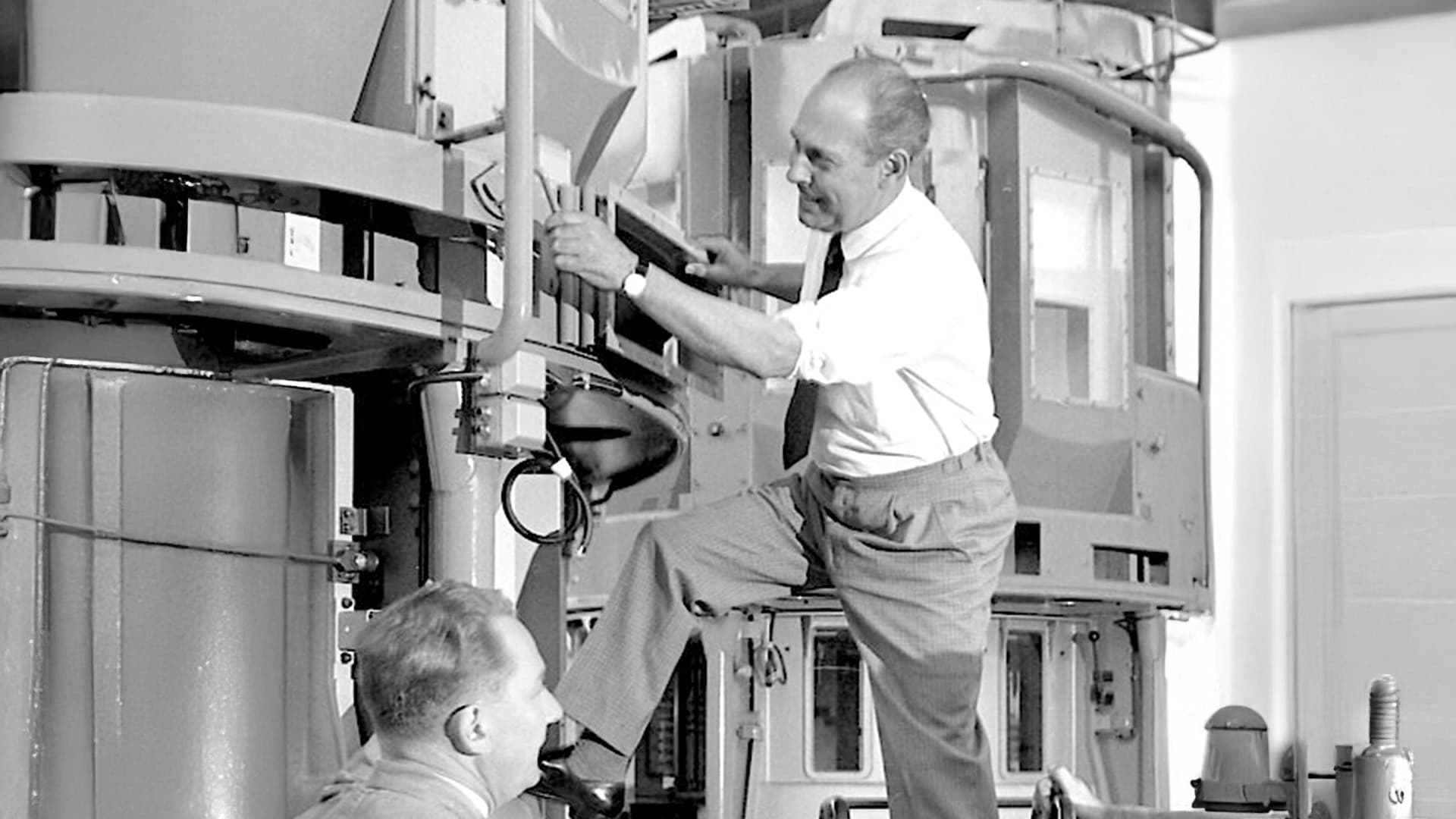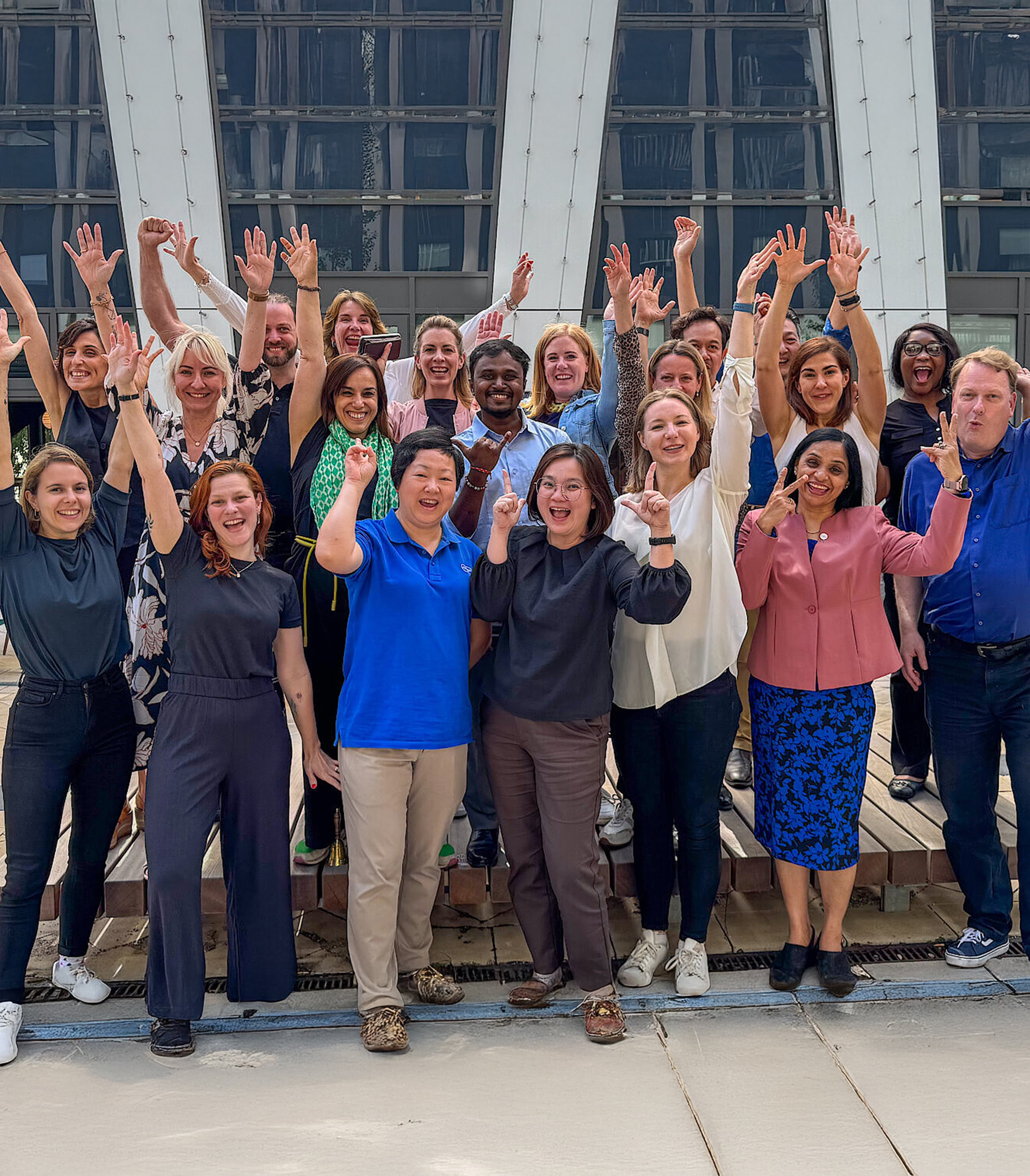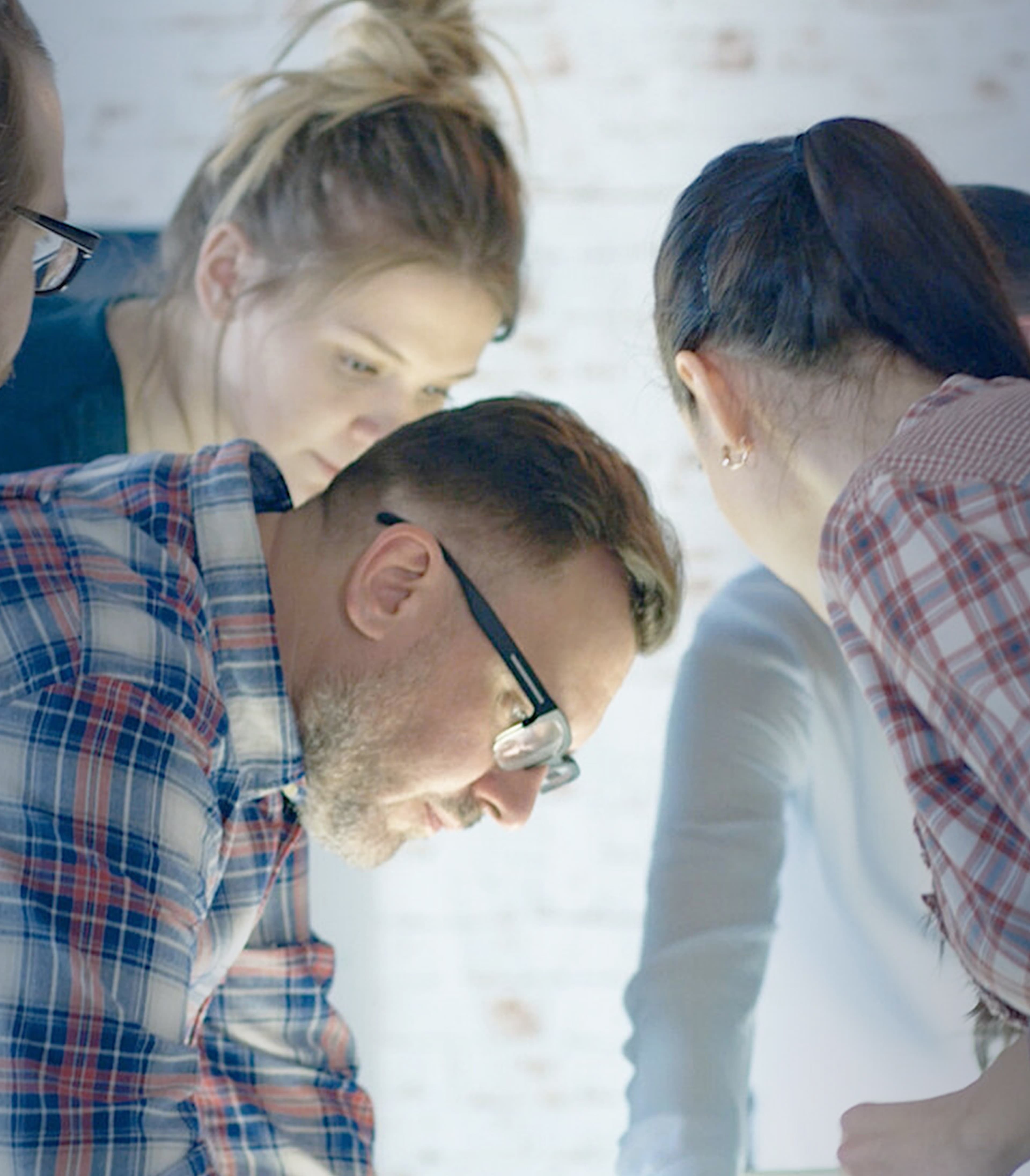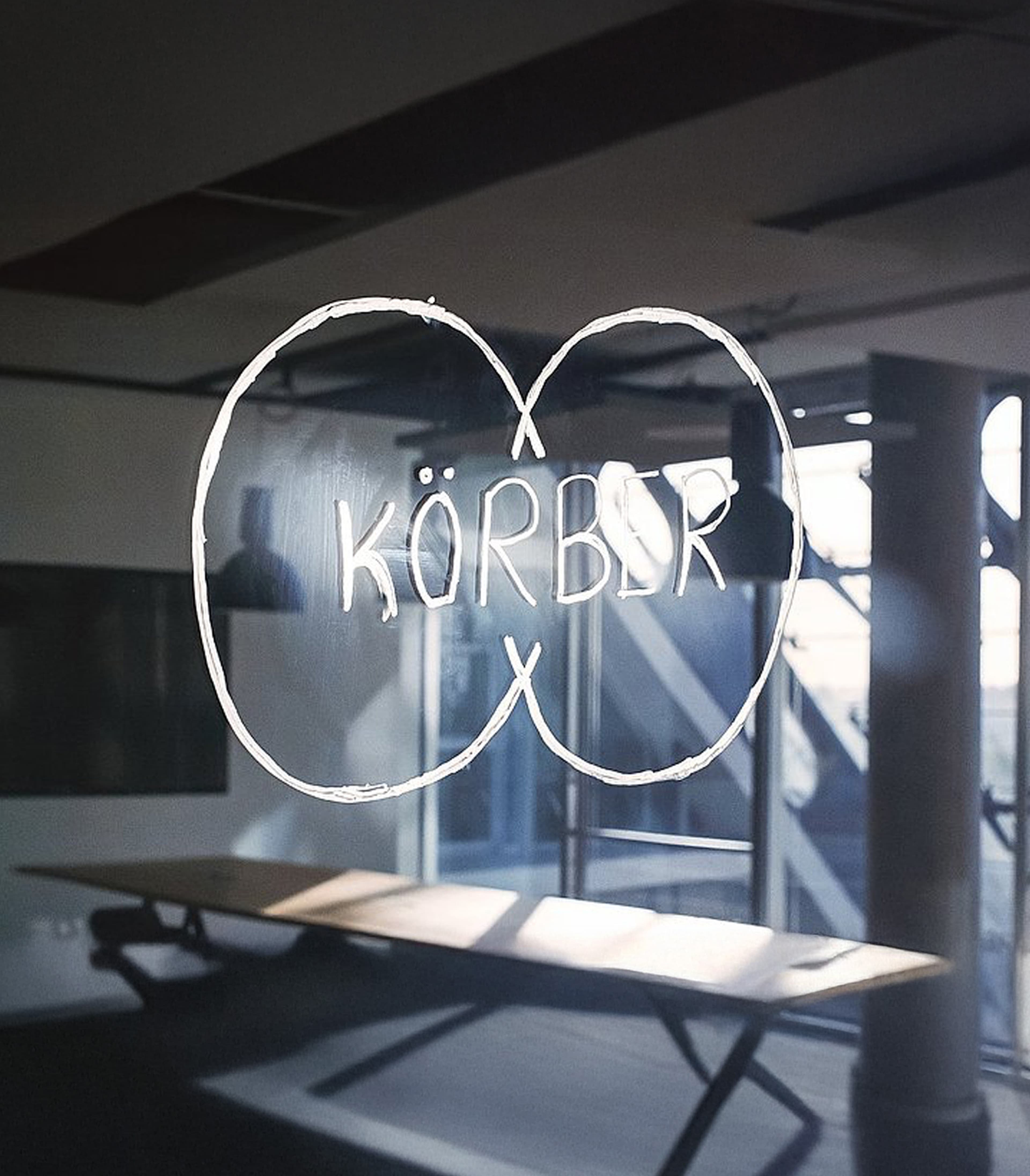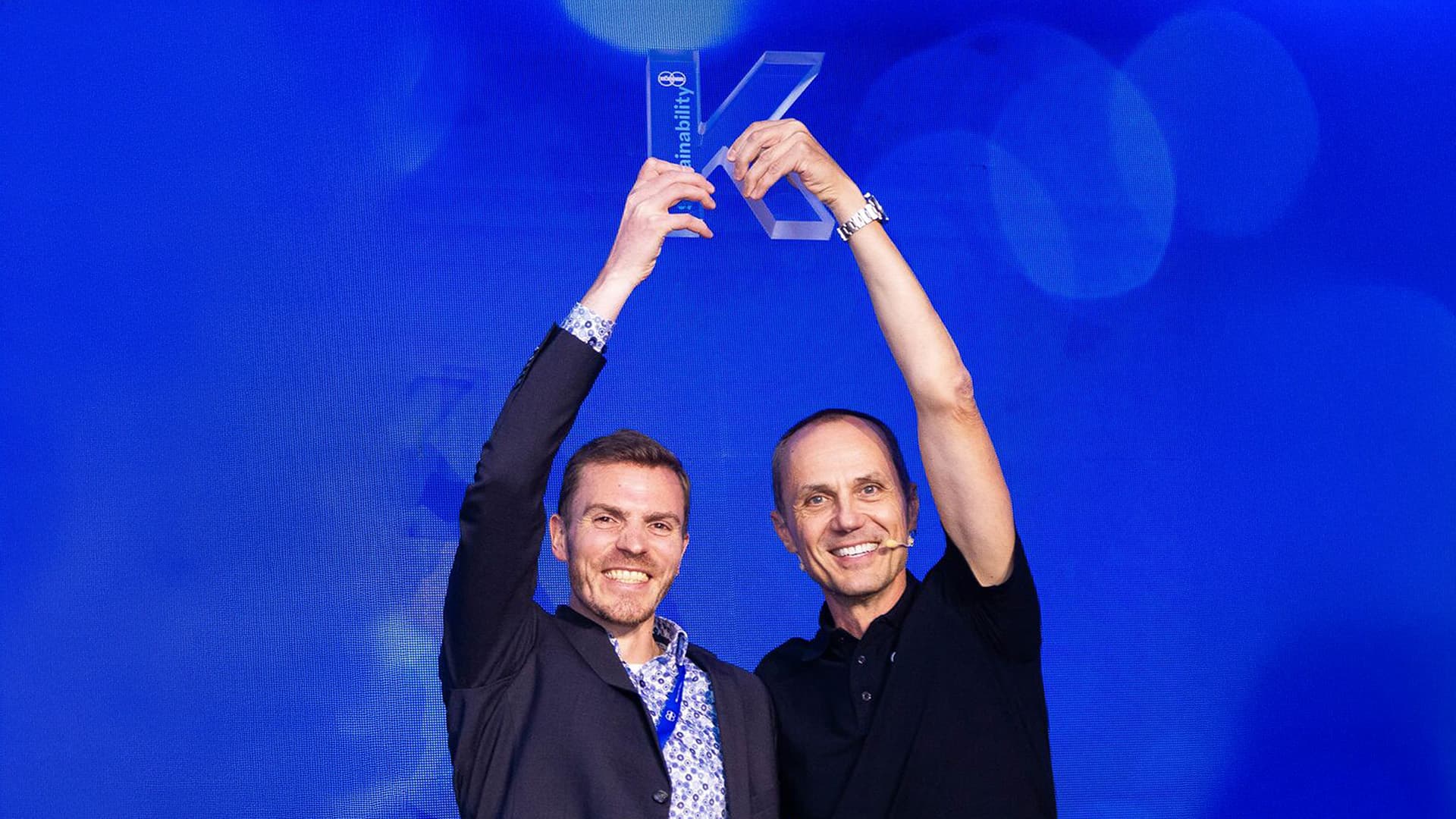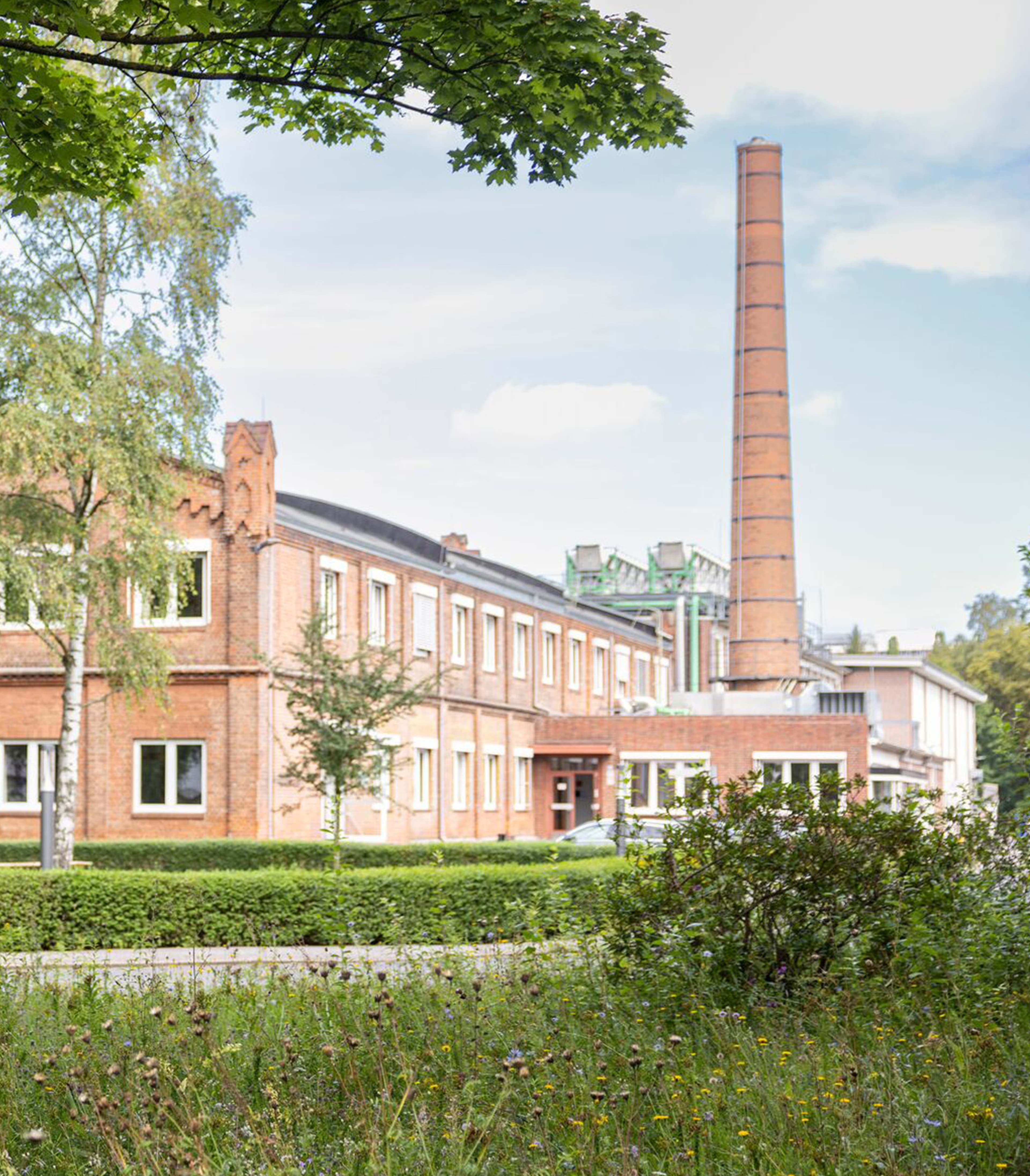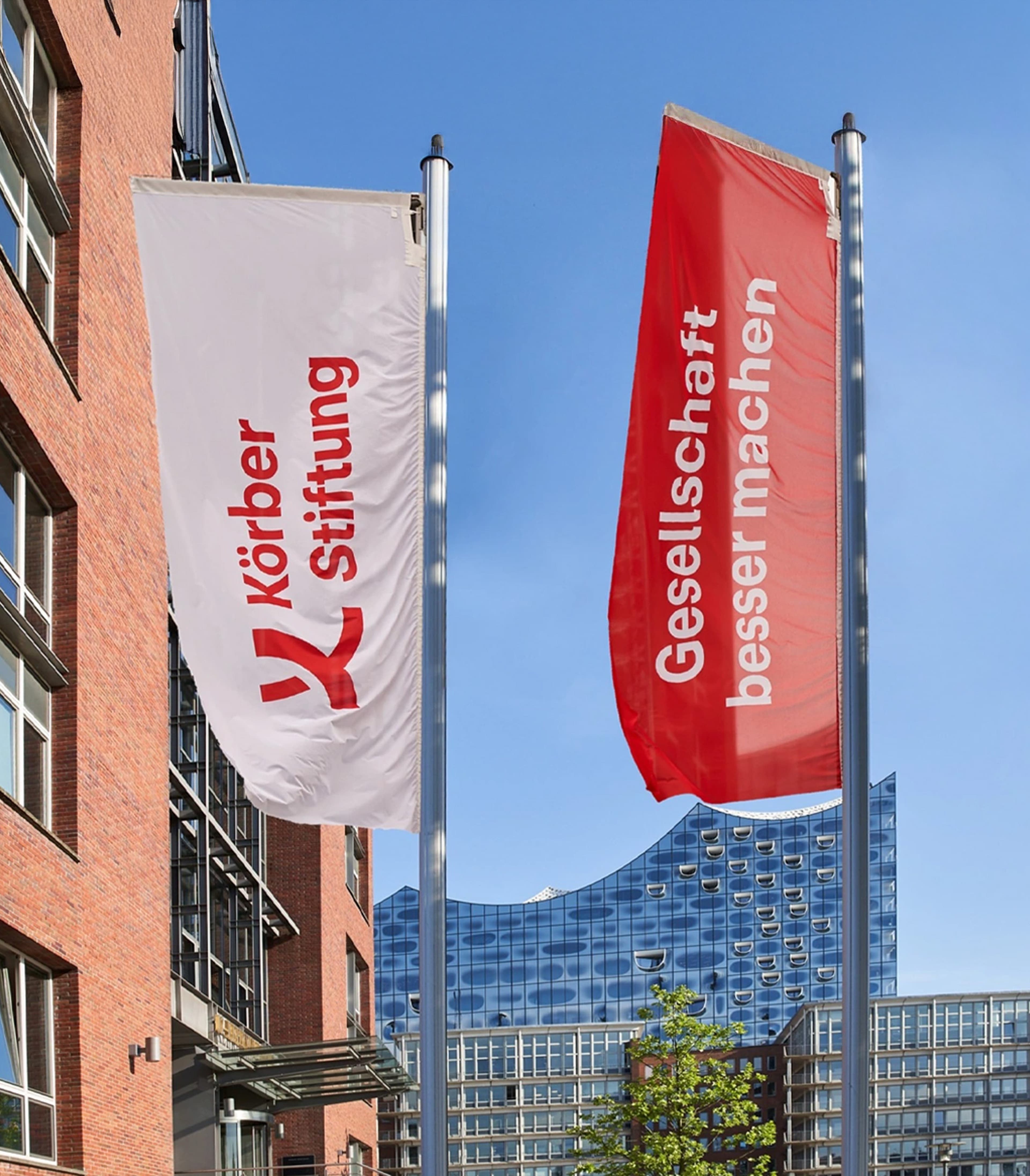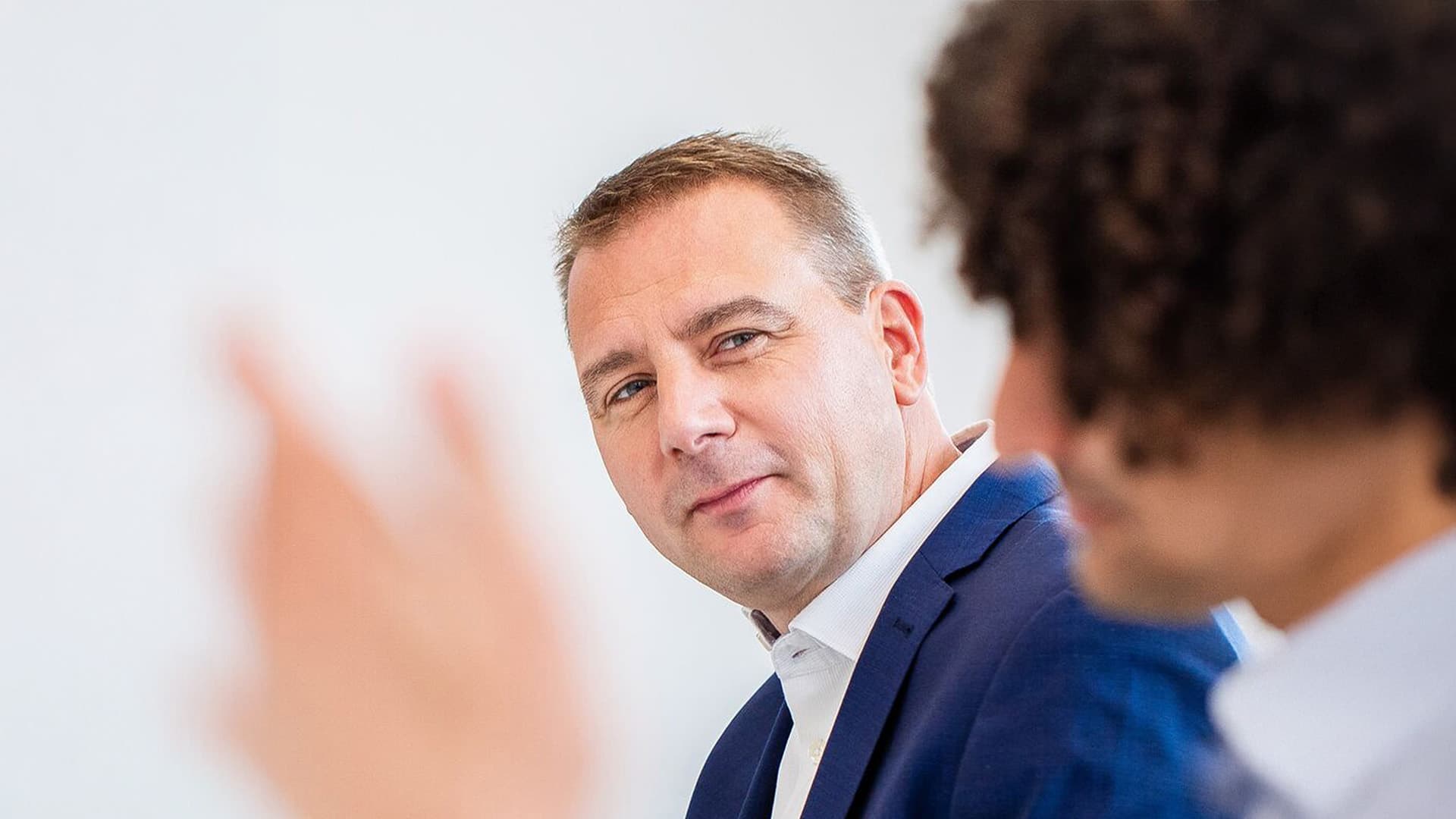- About us
We pioneer the future
We believe in the power of technology to drive the world forward. Across industries, and around the globe, we lead the way with innovative ideas and entrepreneurial thinking that empowers our customers to outpace change, in a rapidly evolving world.
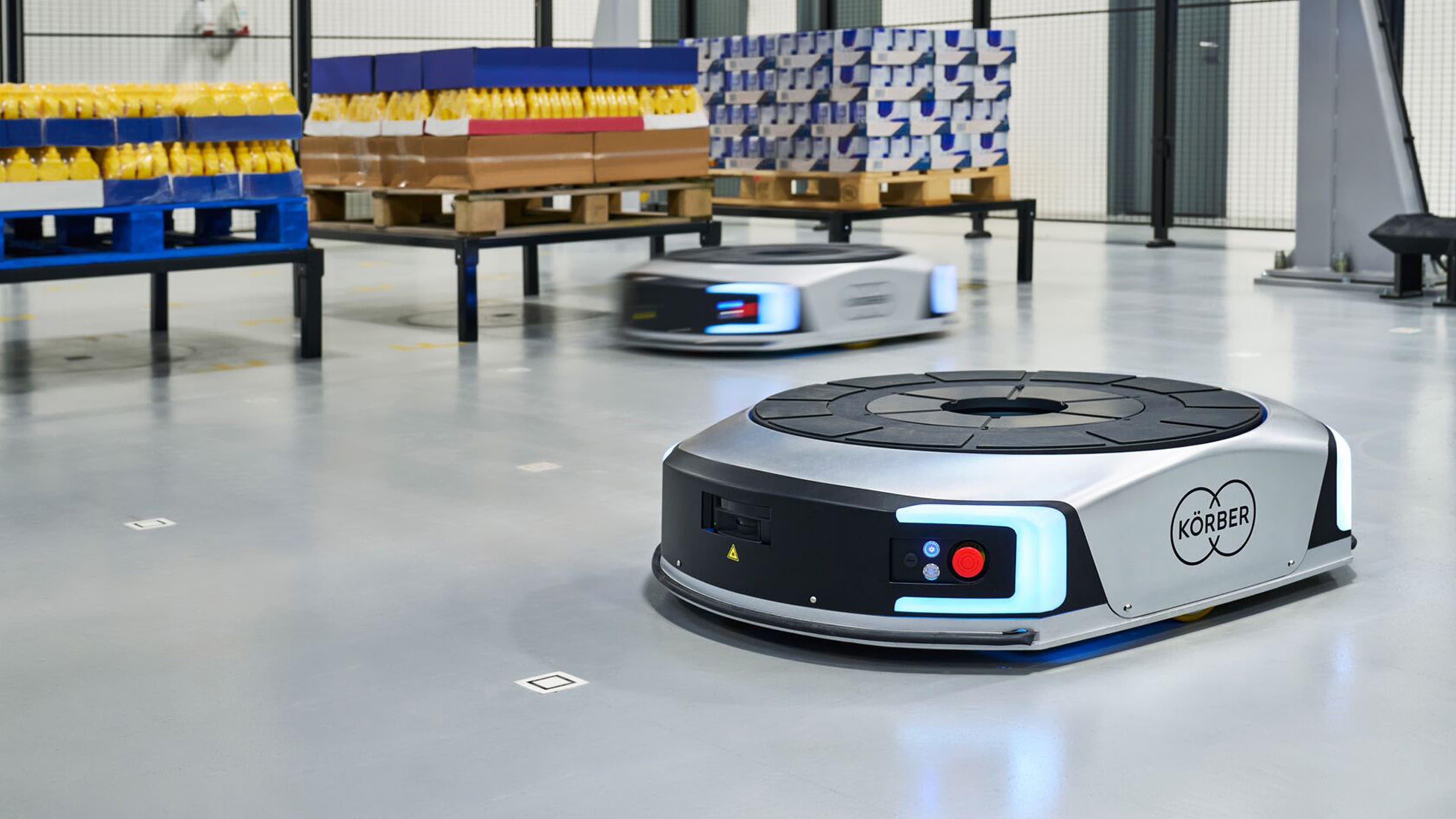
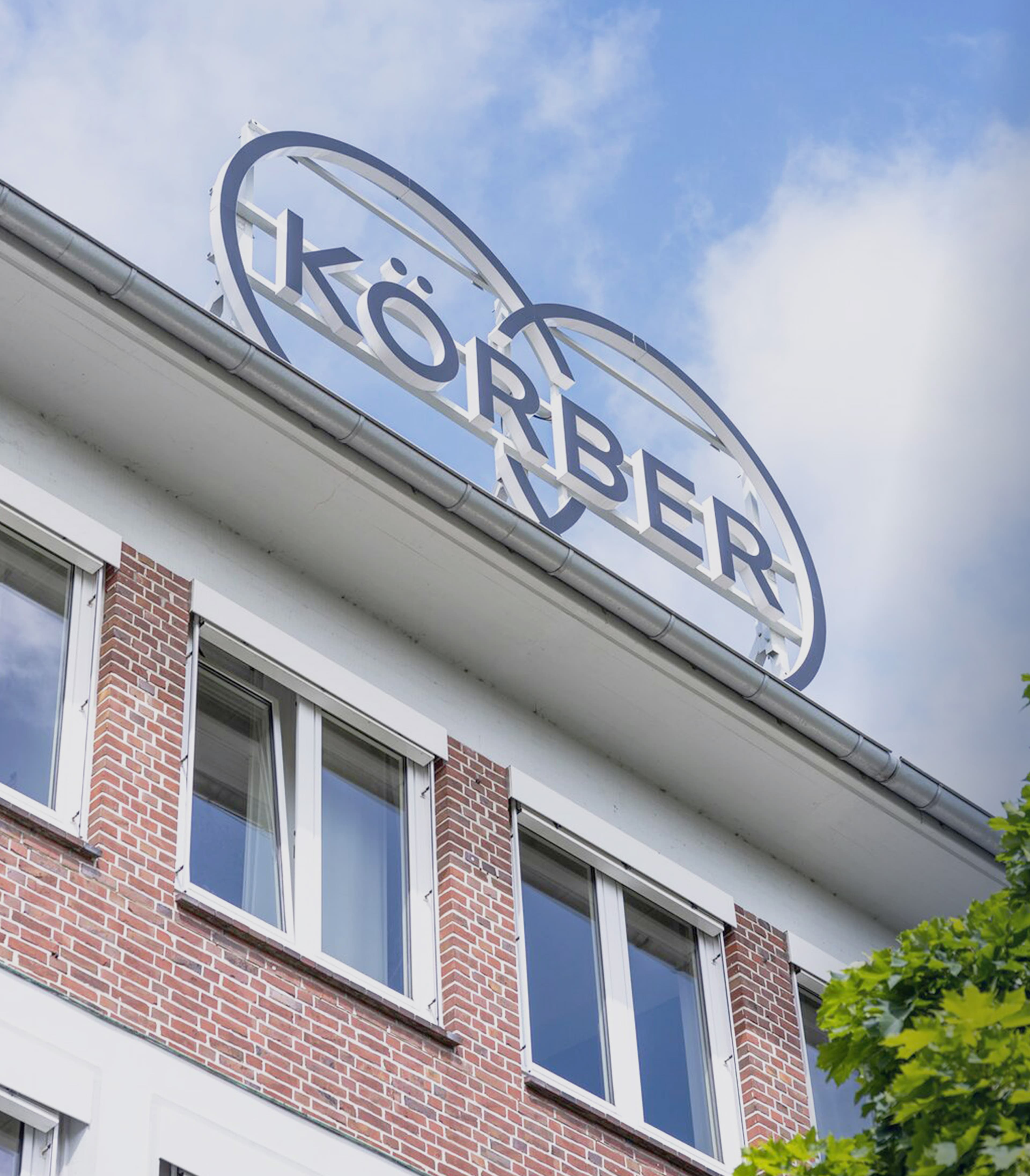
Who we are
As a global provider of intelligent manufacturing and supply chain solutions, Körber offers outstanding expertise in pharma, supply chain, and advanced technology solutions, to deliver integrated, intelligent systems for manufacturing and logistics.
We turn entrepreneurial thinking into customer success. Our deep industry knowledge and agile, collaborative approach allow us to shape the future of innovation. Together with our customers and partners, we build strong ecosystems that empower businesses to adapt and thrive in a rapidly changing world.
Built for innovation
Our Business Areas
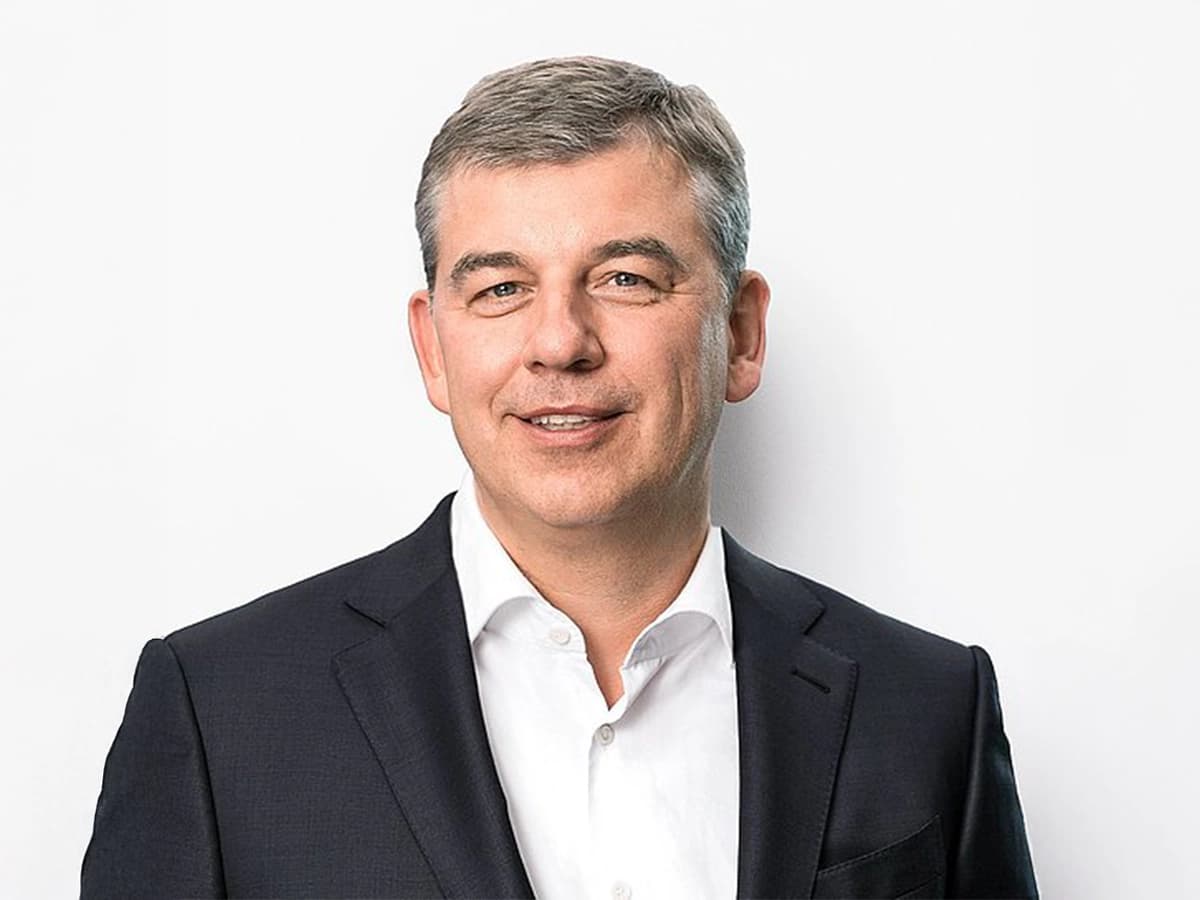
„By aligning our expertise across industries, we create a unified ecosystem that drives progress, challenges convention and delivers transformative solutions for a rapidly evolving world.“
Stephan Seifert
Körber Chief Executive Officer
Explore more about Körber
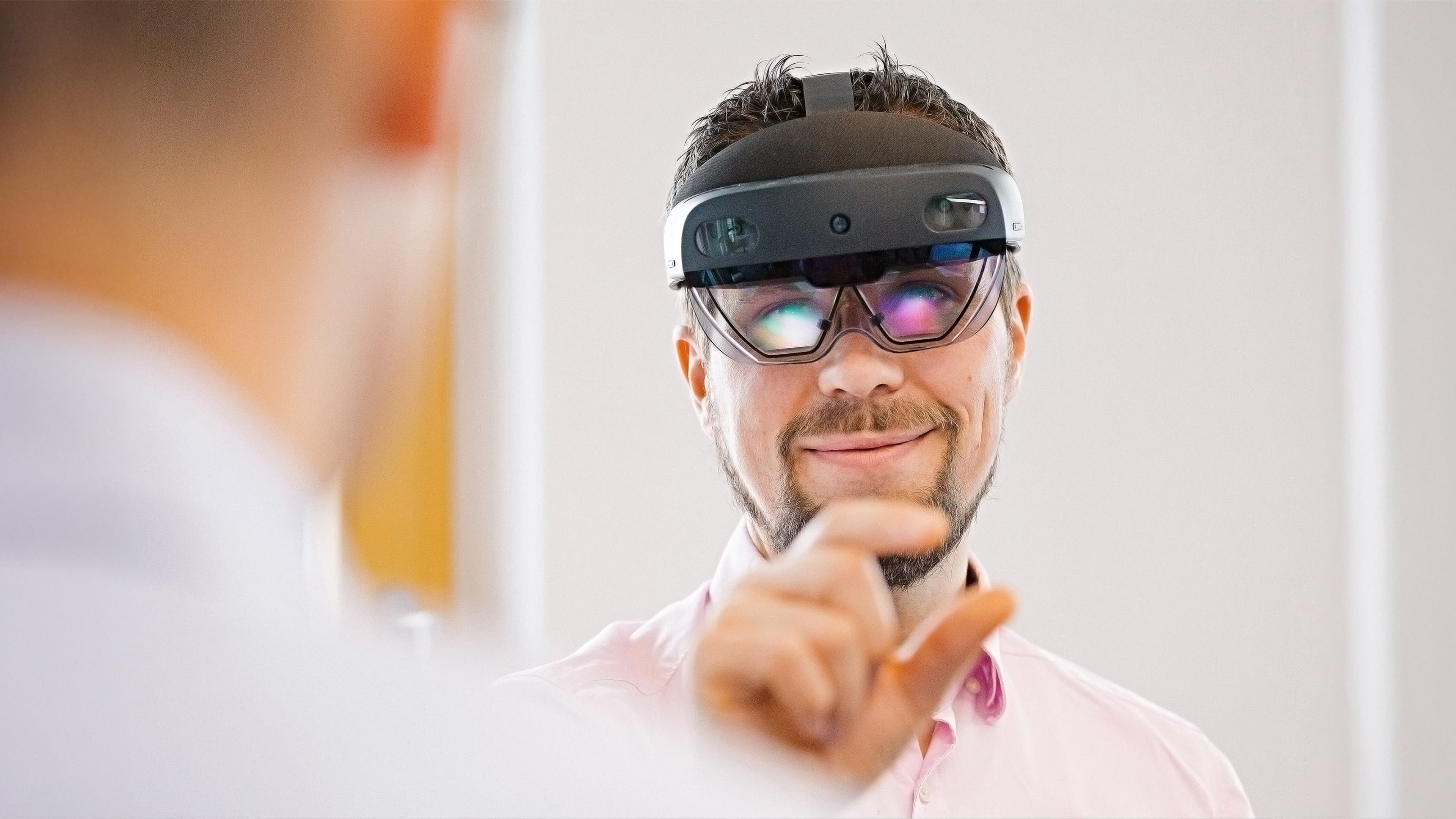
Get in touch
We look forward to talking with you to find out how we can support your growth ambitions, or solve your business challenges—together.
Contact us